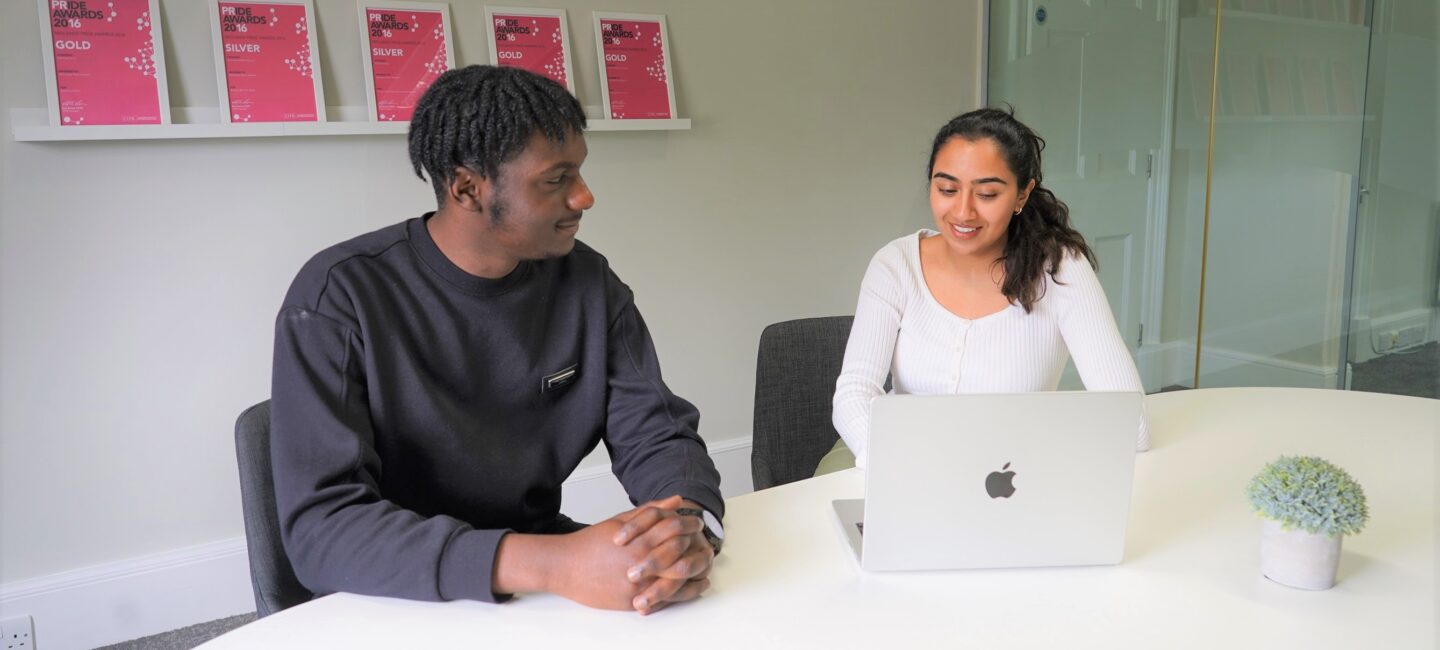WPR Works With Local College to Support Vocational Education
WPR is helping to expand the ways young people can gain the practical skills needed in the communications industry, by facilitating a T-level placement with a local college.
The Birmingham PR agency is working with Sandwell College to offer the placement, which sees a student spend two days per week at WPR over the course of four months.
Rebecca Williams, director of people and planning, said: “The CIPR’s Levelling Up report showed that 52% of people in PR became aware of it only after they had begun their working lives, and 29% first discovered it at university.
“The communications sector is thriving, but we need to do more to make sure that it is also diverse, inclusive, and that the young people entering the industry are equipped with the skills the industry needs. That means widening our reach, to make sure people who might not have considered a career in communications are aware of opportunities that exist, as well as creating a variety of viable paths to entry-level roles.”
Launched in September 2020, T-levels are equivalent to three A-levels and aimed at students looking for a more vocational approach to their 16+ education. They are highly technical and practical, with a focus on developing skills and knowledge for specific jobs. An integral element of T-levels is the industry placement, designed to provide students with high-quality, meaningful training in preparation for employment, an apprenticeship or higher education.
Sam Davidson, WPR’s first T-level student, said: “I’m studying computer science and my placement at WPR has been particularly helpful for the creative side of things, feeding into my work coding, designing, programming, and using my brain to problem solve. Working here has opened my eyes to careers I didn’t know existed. And, when I leave education and start work, I’ll feel more natural in that environment having had this experience of being in a workplace.”
Other steps WPR has taken in recent months to establish an innovative, inclusive approach to recruitment and training have included:
- Removing the word ‘graduate’ from entry-level roles to ensure ‘junior’ positions are relevant to people from any educational background.
- Rewriting job descriptions to focus on skills and competencies, not academic qualifications.
- Implementing blind recruitment so that nobody shortlisting candidates sees any personal data such as name, age, gender or ethnicity prior to interview.
- Expanding its outreach programme with schools, colleges and universities.
- Introducing the Next Gen insight and learning experience programme.
- Partnering with the Taylor Bennett Foundation and 10,000 Black Interns to offer internships and mentoring.
